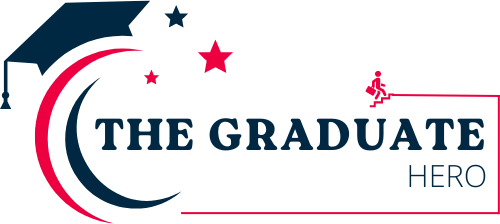With changing times in the business world, procurement has become one of the core functions of any successful organization. The idea that commission is just a transactional relationship is now unthinkable. It is now seen as a more active function, affecting cost management, supplier relationships and the business in general.
Commissions have reached the level where they are no longer an option for professionals, but must be mastered. But what will enable today's professionals to be innovative? The answer lies in the effective procurement training that gives them the knowledge and skills they need to succeed.
Understanding Basic Procurement Skills
When it comes to procurement, there is a need for professionals to possess certain basic skills. Vendor negotiation is one of the most important aspects. It doesn't just mean the best deal and the lowest price. it means creating acceptable conditions that will benefit both the company and the supplier in the long run.
This procurement training also helps develop those negotiation skills and how to make purchases at the lowest possible price without losing such vital supplier relationships. Another area of focus is monitoring contract performance. This means that managing various contracts and complying with their provisions is part of the procurement function.
Developing strategic procurement mindsets
Procurement has gone from a routine function to the real brain of the organization. Factors learned during procurement training make it easier for professionals to do their activities in line with corporate goals. They are now able to go beyond direct purchases, therefore considering long-term impact such as risk management, sustainable sourcing and building strategic relationships with suppliers.
For example, procurement sustainability is gaining acceptance in organizations and therefore preferred suppliers are those who promote these principles. There are some basic but critical aspects of procurement that can be taught through these training programs.
Internal professionals are trained to identify risks such as supply chain risks and manage strategies to address them. This is what distinguishes strategic procurement from simply buying and equipping a company with goods and services as there is anticipation and management of risk. Candidates are trained so that in any situation that arises, they can lead and respond effectively.
Leveraging Technology and Data in Procurement
As technologies evolve, so does the field of purchasing management. It is one thing to consolidate the means of achieving the goals and another to achieve the goals. In today's environment, training in these new technologies becomes essential.
Providing training from procurement professionals helps them in these processes. For example, the professional can use procurement software to prevent order errors that delay the delivery of goods and services by automating functions such as placing purchase orders and tracking inventory.
Building strong relationships with suppliers
Supplier relationships are arguably one of the most critical aspects of any business's existence. Supplier relationship management (SRM) is about more than just acquiring goods and services. It is about managing partners that create value, such as providing better prices, improved service quality and improving the supply chain.
Procurement education provides professionals with the tools necessary to foster and manage these relationships. By improving communication, negotiation and the way they work together, procurement teams can manage suppliers so that even when buying power is weak, suppliers are willing and ready to deliver their best.
These relationships prove to be the most beneficial sources of competitive advantage for businesses, offering cost savings, shorter lead times, and preferential treatment during supply chain disruptions.
Strengthening Compliance and Risk Management
Compliance and risk management play an increasingly critical role in procurement. Compliance issues are a dynamic area where every day brings new legal requirements and in due course procurement professionals will need to stay abreast of these changes. Education in procurement professions touches on these characteristics quite well by training professionals how to respond to highly regulated environments and how to control risks.
Mastering Training Procurement in today's landscape
With the current business world, procurement has become a combination of several core competencies. strategic planning, technological expertise, relationship management and decision making.
In this case, the additional skills from procurement training allow professionals to improve their skills in contract negotiation and management, as well as cost analysis, but strategically orient procurement within the business context.




Tired of wasting time searching for businesses? I’ll extract all the relevant contacts from Google Maps for you! https://telegra.ph/Personalized-Contact-Data-Extraction-from-Google-Maps-10-03 (or telegram: @chamerion)